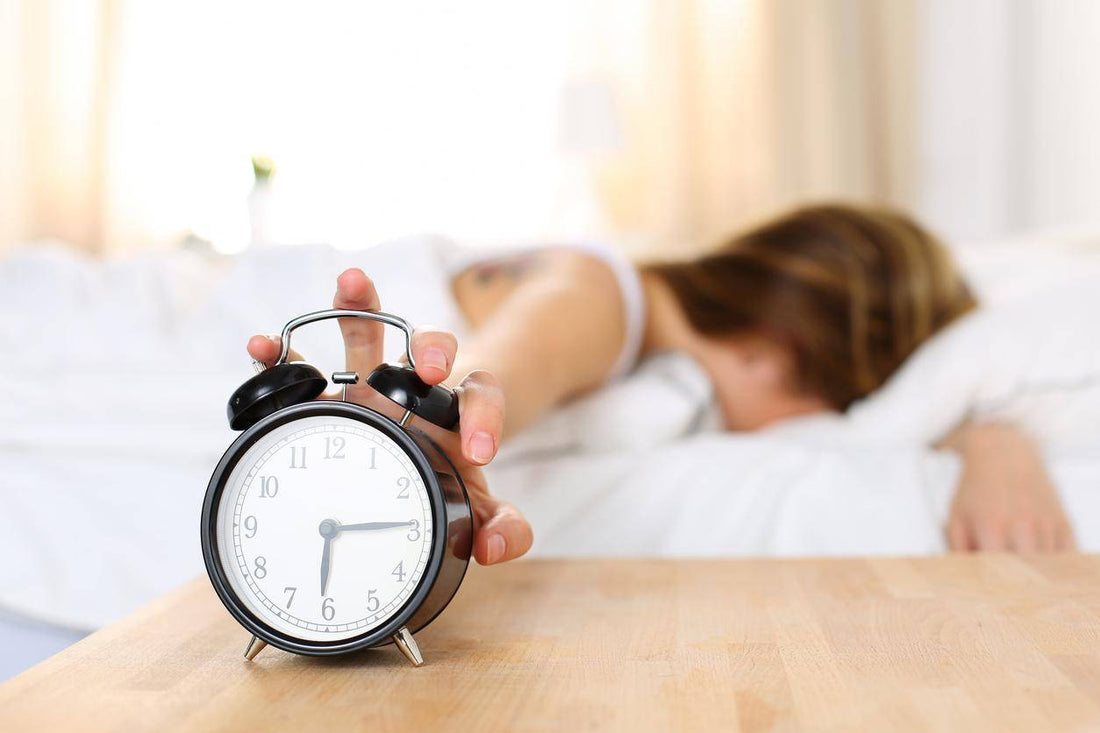“Sleep requirements vary from one individual to another, says Dr François Bieuzen, exercise physiologist specializing in sleep at the Institut national du sport du Québec. Age is the primary factor influencing the quantity of sleep one requires.
We know that children need lots of sleep (between 9 and 13 hours per day), and babies even more (between 11 and 16 hours per day), and that teenagers peeking in growth need between 9 and 10 hours per day. For adults between 25 and 85 years of age, an average of 8 hours is often recommended.
As with any average, some people need more while others need less. Certain individuals can thus feel perfectly rested after 7 hours of sleep, while others need 9 hours, for the same lifestyle. Who should they blame? Well, their parents of course! (as genetics and heredity play a role here).
Quality before quantity
Dr Bieuzen emphasizes the importance of questioning the quality of your sleep, also known as sleep hygiene. A good sleep quality supposes you fall asleep within about 20 minutes of getting into bed, sleep throughout the night and have the ability to wake up naturally without difficulty. As per Statistics Canada, 43% of males and 55% of females have difficulty falling asleep or staying asleep…so we are far from winning the battle!
And what about athletes?
We often hear the following generalization: for every hour of vigorous physical activity per day, we should sleep and extra hour. Basically, a 1:1 ratio, train one hour sleep an extra hour. Train 1 hour, sleep 9 hours (the average recommended 8h + 1h). Train 2 hours, sleep 10, and so forth. Quite the challenge given there are already not enough hours in the day to fit everything in, especially for us triathletes!
François Bieuzen doesn’t have the same opinion: “When we are used to training, it simply becomes part of our normal daily routines. In certain cases, mental load and/or stress can be more exhausting than physical fatigue.”
Although not yet proven, the only documented relationship on the consequences of sleep deficit in athletes is the increased incidence of injury. A true recipe for disaster when training volumes are high. “Professional athletes are lucky in that they have the ability to organise their time to optimise recovery and decrease risk of injury, which is not usually the case for the majority of age group athletes” says Dr François Bieuzen.
According to the physiologist, a bad night’s sleep does not directly influence performance. Lucky for those of us who can’t sleep before race day!
Stay tuned for parts II & III of this sleep series to learn more about improving your sleep quality, recovering from lack of sleep along with some practical tools and Apps to help you optimize your sleep.




